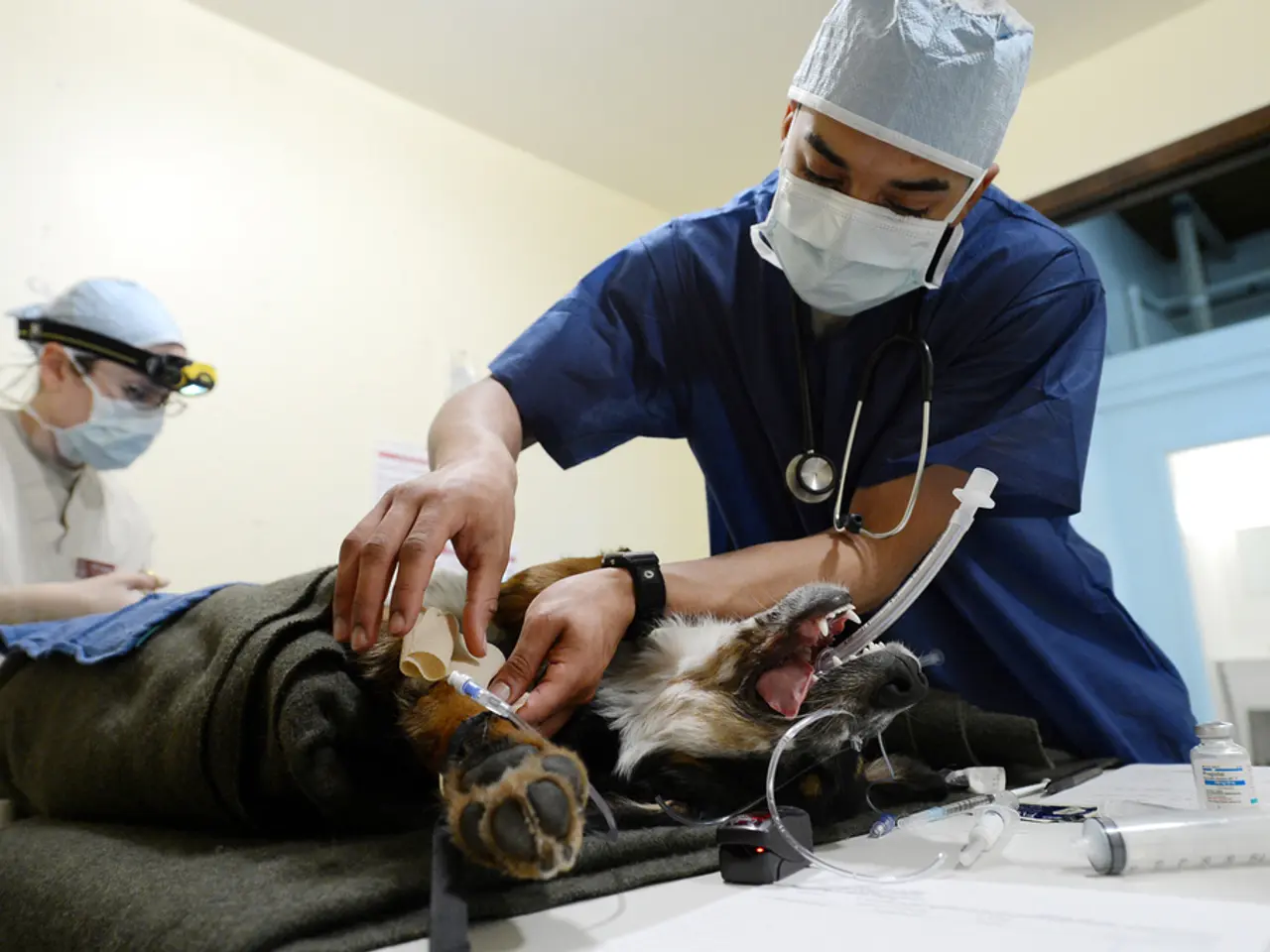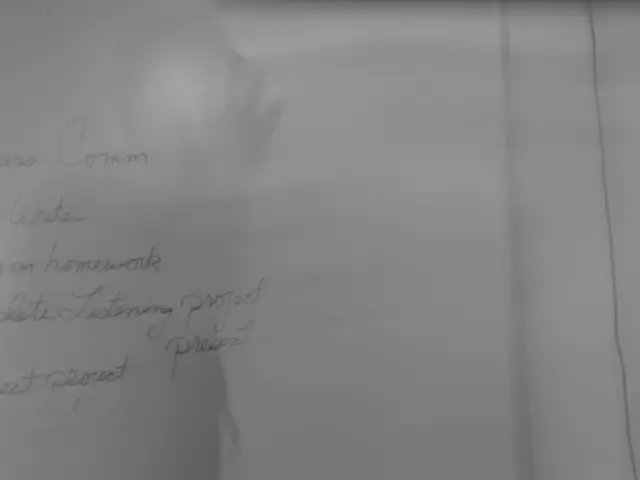Controversy over Jens Spahn's pandemic mask deal: Billionaire supplier demands €3.8 million from the state, alleging unpaid debt.
In the midst of the early COVID-19 pandemic, Germany's Health Minister, Jens Spahn, found himself at the centre of a controversy over the procurement and distribution of protective masks. The logistics company Fiege, located in Spahn's North Rhine-Westphalian constituency, was commissioned for this task.
This decision, however, has led to a series of accusations. By 2024, the government had spent around 5.9 billion euros on approximately 5.8 billion masks, yet more than two-thirds of these masks were never used. This has resulted in allegations of massive over-purchasing, procurement at above-market prices, and high additional costs for storage and disposal.
The General Customs Directorate was allegedly not informed in advance about the open-house procedure, which allowed anyone to deliver masks and receive 4.50 euros per piece, as long as certain conditions were met.
The controversy has also involved businessman Joachim Lutz, a logistics expert from Offenburg. Lutz claims that he experienced a payment default for his delivery and is now suing the Federal Republic of Germany for 3.8 million euros.
Green budget expert Paula Piechotta criticizes the Federal Ministry of Health for buying masks in large quantities without clear demand planning and for failing in its attempt to exit the contracts with the suppliers. Piechotta demands an investigative committee to clarify where defective goods were actually delivered and where suppliers are now demanding money from taxpayers although they could not deliver.
Spahn maintains that the masks were not paid for because they were defective or delivered too late. He also maintains that he would never do an open tender procedure again and that financial risks were taken in an exceptional situation to alleviate the emergency.
The dispute between Lutz and the state will likely continue for some time, with both parties appealing a court decision in April 2024. Lutz accuses the government of breach of contract and states that the costs for the masks, with interest, and missed further deliveries in the pandemic have led to a damage amount of 3.8 million euros.
The Federal Ministry of Health has set aside around 20 million euros for legal advice in 2025 due to numerous legal disputes. Several proceedings are pending before the Federal Court of Justice, with decisions expected by the end of the year.
Lutz is not alone in his complaints. He is in contact with other complaining entrepreneurs and states that they are all facing financial difficulties. Some have agreed to settlements due to the threat of insolvency, while others are now being represented by insolvency administrators.
The report also describes how there were discussions about "exit strategies" from the open-house procedure due to the large volume of deliveries, and the idea of accepting no further delivery offers was initially considered but ultimately rejected due to legal concerns. Over 700 delivery promises worth 6.4 billion euros were made, significantly exceeding the government's planned budget of 500 million euros.
Piechotta's criticism is mainly directed at former Health Minister Jens Spahn. The controversy surrounding the mask procurement process continues to be a topic of discussion, with calls for transparency and accountability growing louder.







